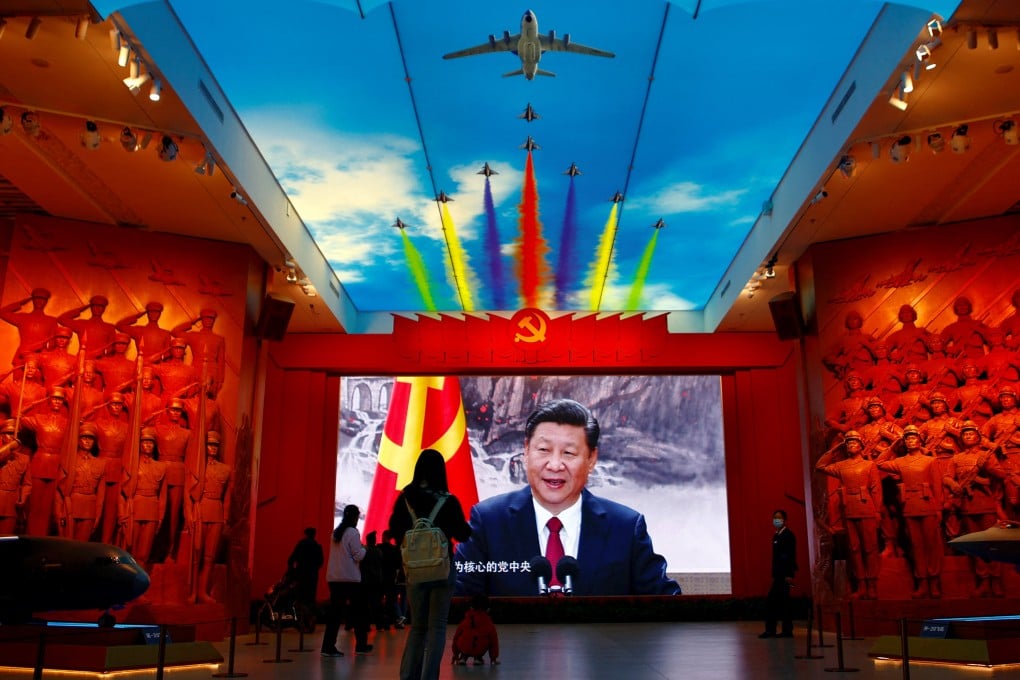Advertisement
China’s Communist Party enshrines opposition to Taiwan independence in its constitution
- Reference to the island meant to promote ‘unification of the motherland’
- ‘New developments’ under Xi Jinping to be included in ‘New Era’ section added five years ago
Reading Time:2 minutes
Why you can trust SCMP
32

China’s Communist Party has added “opposing and containing Taiwan independence” to its constitution, the first time such an explicit reference has been included in the document to address tensions around the island.
The amendment was part of a resolution passed by more than 2,000 delegates at the party’s national congress on Saturday.
The resolution also included a number of President Xi Jinping’s signature policies and slogans, consolidating his power and influence.
To better reflect “new achievements” under Xi’s leadership, the delegates agreed to add “new developments” in the past five years to the section on “Xi Jinping Thought on Socialism with Chinese Characteristics for a New Era”.
Also added to the constitution was a reference to further elevating the party’s status in public life, referring to “the party as the supreme leading power”, and urging it to “continue to strengthen the comprehensive leadership of the party”.
The amendment came into effect on Saturday, it said, but the full text of the revised constitution has yet to be made public.
Advertisement

